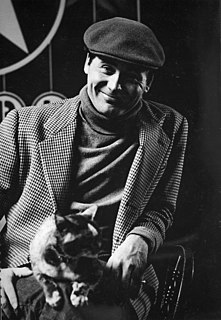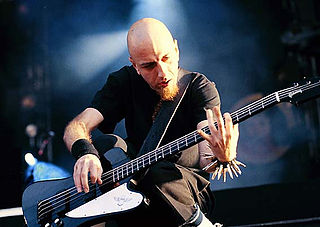A Quote by Robert Indiana
I've always been fascinated by numbers. Before I was seventeen years old, I had lived in twenty-one different houses. In my mind, each of those houses had a number.
Related Quotes
It was the first time I was looking, really, right after the storm, that I saw maybe the amount of devastation that had happened in the Lower Ninth Ward. Where my friends lived, which was about six blocks from where the industrial canal was, houses was smashed into houses, and there were, like, four houses smashed together.
Brantford was the fixed point of my universe, growing up. Both sets of grandparents lived there, with various cousins and uncles and aunts, and no matter how far we'd moved off, we came back there for regular visits. In a way no other houses have ever been, my grandparents' houses were 'home,' and the sale of the last of those houses was hard.
If in a city we had six vacant lots available to the youngsters of a certain neighborhood for playing ball, it might be "development" to build houses on the first, and the second, and the third, and the fourth, and even the fifth, but when we build houses on the last one, we forget what houses are for.
Ask yourself whether our language is complete--whether it was so before the symbolism of chemistry and the notation of the infinitesimal calculus were incorporated in it; for these are, so to speak, suburbs of our language. (And how many houses or streets does it take before a town begins to be a town?) Our language can be seen as an ancient city: a maze of little streets and squares, of old and new houses, and of houses with additions from various periods; and this surrounded by a multitude of new boroughs with straight regular streets and uniform houses.
Brad Wright, who created Grant MacLaren, had me in mind. We'd actually worked together 20 years ago. He wrote an episode of The Outer Limits that I was in in '96 or '95? So we'd been aware of each other for years. I'd lived in Vancouver off and on, where he's based. And it just came to me, and I'm always looking for something different. Perception was a different show than Will & Grace.
It is a dreadful thing to see the dead city. Next to the port I found children, women, the old, waiting for a way to leave. I entered the houses, there were houses where the coffee and pita bread were left on the table, and I could not avoid [thinking] that this, indeed, had been the picture in many Jewish towns [i.e., in Europe, during World War II].








































